Both paid ads and SEO are sound marketing strategies for building traffic and promoting your business – for different reasons. But if you had to choose between the two, which is the better option for your business?
The better question to ask? What’s the marketing problem you want to solve, and what’s the option that makes more sense in solving it? It can be paid ads or SEO, and sometimes, a little of both can also be the answer.
Let’s explain.
What Paid Ads Have Going for Them
Run a search on Google or Bing, and you’ll notice search results at the top of the page that are identified as ads. These are paid ads, also called pay-per-click (PPC) — an advertising model where advertisers pay a fee every time someone clicks on their ad. Social media networks like Facebook are also offering paid ads as a way to advertise on their platforms.
Advertisers can schedule different ad formats on different platforms to drive traffic, such as search, shopping, display, video, and other ads on Google Ads, Bing Ads, and other platforms.
They’ll create the ads, select the right targeting by adding relevant keywords, and set the maximum cost they are willing to pay for each click. Their ad goes into an auction with other advertisers who are bidding on the same keywords, and that determines the publishing order of the ads in search results.
Advertisers only pay when someone clicks their ad. They can control the audience by tweaking data like demographics or geographical location and pay only for the most desired audience. When a person clicks on an ad, they often see a landing page on your website that gives them the answers they’re searching for related to your brand, product, or service.
You can start a paid ad campaign right away and see quick results – if you have the money at the start and you want to do an A/B test to see what works and what doesn’t. Paid ads give you that kind of feedback pretty fast.
However, paid advertising can also get expensive pretty fast – and become cost-prohibitive if you’re in a competitive industry where keyword CPAs (cost-per-acquisitions) are way higher than what makes sense for your company.
You’ll also need time (and more money) to optimize your campaigns, which could take a few months. By then, your ads may be losing their effectiveness because your audience is seeing them too often and becoming blind to them. As a result, you should always be refreshing your ads with new marketing messages, images, and other content.
What SEO Has Going For It
SEO stands for search engine optimization, a process that helps websites rank in organic search engine results pages (SERPs) to drive traffic. SEO makes a website more visible to people who are looking for solutions that a company’s brand, product, or service can provide.
There is no paid option for optimizing websites and web pages to rank higher on Google or Bing. Search engines use algorithms to calculate the quality and relevance of content and rank each site, and they’re consistently updating those algorithms. This makes it a challenge to know for sure what search engines consider qualified relevance, at least some of the time.
If you’re ranking high for your desired keywords on search engines, you can drive a consistent amount of organic search traffic to your website. You don’t constantly need to put money against marketing campaigns to drive traffic because SEO will provide long-term, scalable results.
However, you’ll constantly need to generate timely, unique, authoritative content from subject matter experts to stay relevant and rank higher on search engines because that’s the kind of information people love to consume, share, and link to. SEO is most effective when your audience has the time to find you rather than when you need to make a big impact quickly.
What Using Both Paid Ads and SEO Has Going On
Paid ads vs. SEO – for many companies, the two complement each other to drive traffic. It makes sense to use the two together to maximize their effectiveness.
That’s because each advertising model does what the other doesn’t.
For instance, to launch a new innovative product or service, you need a fast way to make an impact. Paid ads may make more sense – as an initial strategy. Social media paid ads can build awareness for your innovation since no one is likely to be searching for it yet.
When you’ve built awareness for your new product and people start searching for it or something like it, you can switch to targeting organic traffic — something SEO is great at building for you.
What Would 11outof11 Do?
At 11outof11, we do follow a rigorous SEO strategy for generating traffic rather than spending money for new traffic.
We create new and unique content on our website every single week, mostly blog articles like this one. We don't write about just anything. We write authoritatively about two specific topic clusters:
- Questions prospects ask us on sales calls
- Keywords culled from our initial SEO research for our content plan
We also review our current content and refresh it when needed. For instance, we wrote this article, “Twelve Killer Ideas for Lead Nurturing Campaigns and Tips for Creating Them,” which is our most visited blog. To keep it ranked number one, we re-visited the material and added relevant information to further optimize it.
We also use Facebook Ads for retargeting purposes. Retargeting ads give you the opportunity to persuade past visitors to come back to your site and reconsider what you’re offering. We offer visitors who left our site a chance to get gated content we've created.
11outof11 for SEO and Paid Ads
If you need help with SEO, paid ads, or using both in tandem to maximize their effectiveness, connect with 11outof11. Request a complimentary call with an 11outof11 expert. Contact us to learn more!

.png)
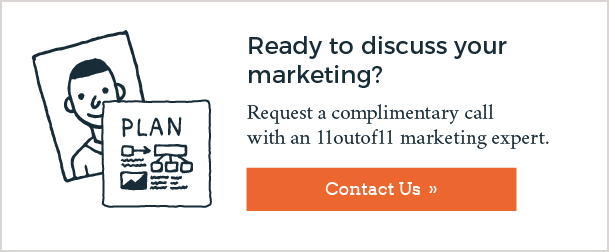
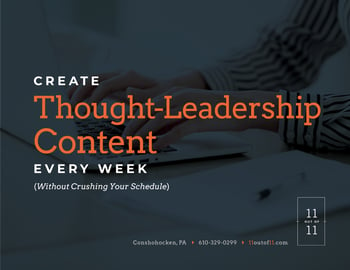

.png)





